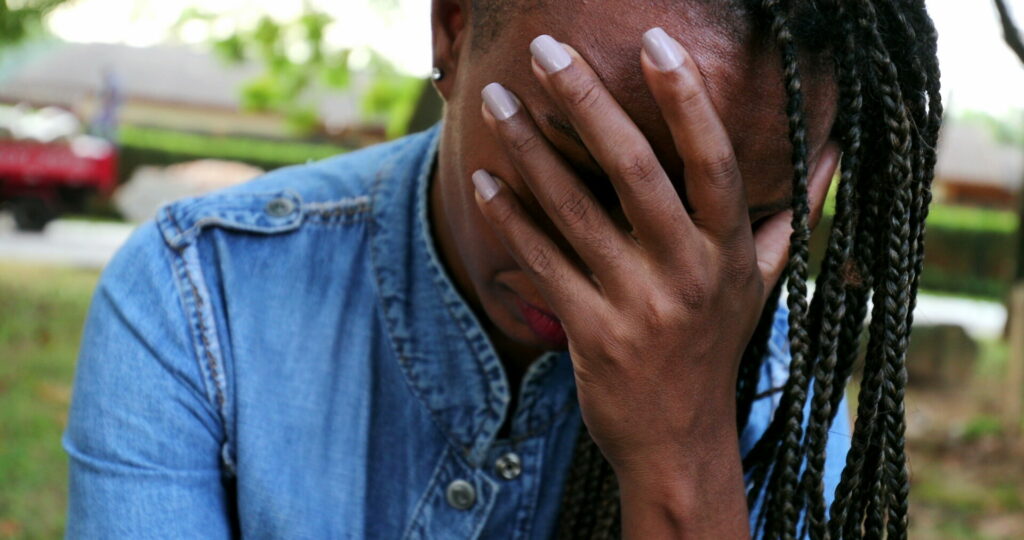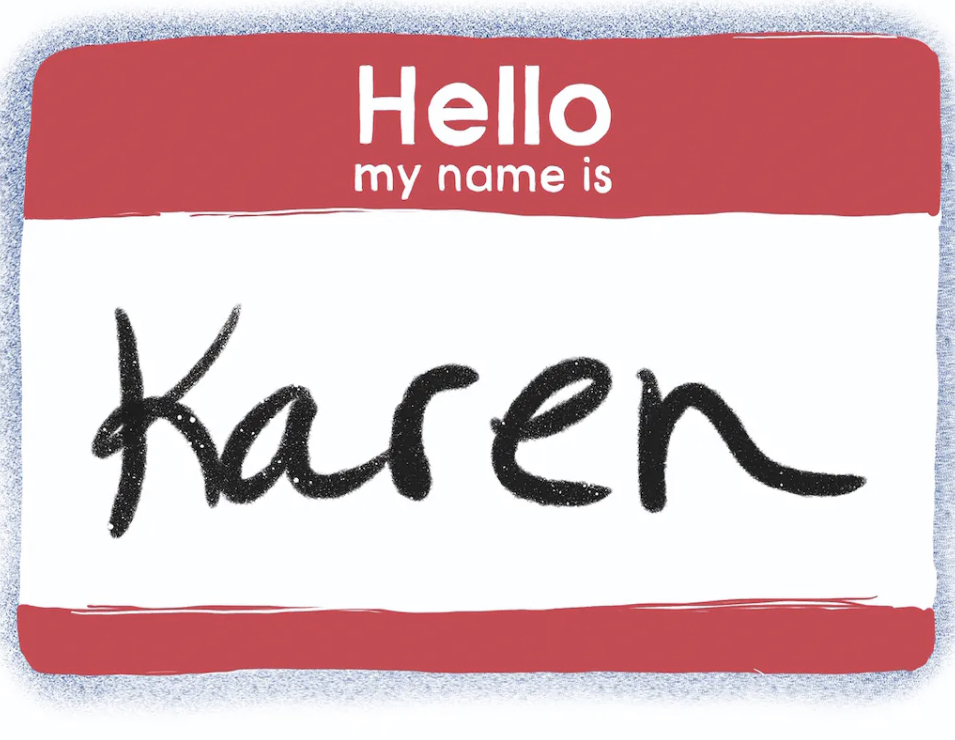Posts Tagged ‘#blackwomenwhitewomenworkplace’
Black and White women in the workplace
The rise in racist activity showcased by white women in public spaces across the nation has caused an awakening in the role white women play in Black women’s oppression. In many of these incidents, white women—referred to as Karens—assault, hurl racist slurs, physically restrain, question, and taunt Black women while calling the police, further endangering the lives of the people they harass. When these white women are fired from their jobs for this behavior, others have come to their rescue, stating that losing their jobs should not be a consequence of their dangerous public outbursts. Many fail to realize that these dangerous behaviors hide in plain sight at work to the detriment of Black women’s careers and mental health. Moreover, they affect how Black women patients, customers, and business partners are treated.
“Our data tells us that Black women are having their worst experiences when they report to white women”
In light of these incidents, Black women are speaking more openly about how white women negatively impact their workplace experiences, derail their careers, and harass them in the office.
“I’ve dealt with many Karens in my career,” says Dr. Michelle Wilson, director of Evaluation and Learning at the National Fund for Workforce Solutions. Black women cite white women as a major cause of workplace discrimination and harassment, which leads to anxiety, depression, job loss, and a mass exodus from corporate America, non-profit organizations, and academia.
“Our data tells us that Black women are having their worst experiences when they report to white women,” says Cierra Gross, founder of Caged Bird HR. She says it is ironic that white women benefit most from affirmative action, “yet they are perpetuating the most harm in the workplace.” This harm affects Black women’s ability to advance in the workplace and earn the wages they deserve.

Companies that advance gender as their diversity focus often miss the unique intersectionality of race and gender that affect Black women. This places white women at the forefront to benefit from these programs while Black women remain invisible. When white women receive power in the workplace as a result of these programs, it does not often translate to better opportunities for Black women, including overall culture improvement, job titles, positions, responsibilities, and wages.
Françoise Burgess writes in The White Woman: The Black Woman’s Nemesis that “Black women have accused white women of being duplicitous; while they proclaim sisterhood in theory, they are unable to overcome their racial prejudices in practice.”
Overall, although women are advancing in the workplace, white women continue to move up the corporate ladder while Black women remain at the bottom while being gaslit to “Lean In”, be more social and take on difficult tasks for lower pay. Many corporations believe that by advancing white women, Black women will also benefit, but that is not the case.
Author Vivian Gordon says, “Seldom attention is given to the extent to which white women benefit from the oppression of Black women.” She explains, “white women are saying to the white male power structure: Move over. We want to be part of the power structure. Black women are saying: ‘The structure is wrong.’”
In the LeanIn.org and McKinsey & Company’s 2022 Women in the Workplace Report, only 44 percent of Black women reported feeling comfortable disagreeing with coworkers, whereas 57 percent of white women felt free to challenge or have differing views. This can translate into Black women not voicing their professional opinions or concerns about mistreatment for fear of retribution or white women’s tears.
“There is nothing more dangerous to a white woman than a competent Black woman”
A TikTok trend in 2022 showed white women’s collective ability to cry on command. This terrified many Black women who have been the victim of this weaponization. Black women are labeled aggressive, unprofessional and mean when white women cry unprovoked during professional communication exchanges. Luvvie Ajayi calls it the “weary weaponizing of white women’s tears.” Where they claim to feel personally “attacked” and “targeted” when questioned, given feedback or held accountable for their actions. Crying or playing the victim as a tactic allows others to focus on the white woman’s perceived trauma with sympathy instead of the actual trauma she may have inflicted on the Black woman, rendering them invisible yet again.

Writer Zora Neal-Hurston believed the modern relationship between Black and white women is patterned after the relationships on the plantation, where the white women used their power and white fragility to their advantage. “Thus, from the beginning, the seeds of resentment between Black and white women were sown…”
Slavery was the birth of this complicated relationship. Just as Black women can pass on trauma from that era, it is no surprise that white women may continue generational behavior patterns, whether intentional or unconscious.
Despite the early relationship formed during slavery, Black women do not feel unequal to or jealous of white women. “[Black women don’t have] envy for their accomplishments,” writes Toni Morrison. She goes on to argue that Black women also have no sympathy for white women’s perceived oppression.
On the contrary, Black women feel some white women are jealous and afraid of their power and abilities in the workplace. “There is nothing more dangerous to a white woman than a competent Black woman,” says Dr. Angela Neal-Barnett, director of the Program for Research on Anxiety Disorders in African Americans (PRADAA) at Kent State University in Ohio.
Gross says it is difficult to change this problem when Human Resources is a white woman-dominated field. In 2020, Data USA reported 76.8 percent of human resources managers were white, with 64.1 percent white women. Human resources is the department whose purpose is to create and enforce workplace policies. Bias and racism are dangerous in this area of the company. If Black women see white women as a threat to their careers, it could be a significant factor in why the issues seem exacerbated in the workplace with Black women feeling unheard and unsupported.
“Seldom attention is given to the extent to which white women benefit from the oppression of Black women”
In the book, Ambition in Black + White, Melinda Marshall and Tai Wingfield agree that Black women and their unique struggles are invisible in the workplace. Yet, their research found that, unlike their white counterparts, Black women are 25 percent more likely to have both near-term (50 percent vs. 40 percent) and long-term (40 percent vs. 32 percent) career goals and are more confident that they are qualified to succeed (43 percent vs. 30 percent) in a position of power.
Marshall and Wingfield also write that Black women are three times as likely as white women to aspire to a powerful position with a prestigious title, as they are often inspired by the matriarchs of their families who prevailed as breadwinners and showed their power and ingenuity without access to the higher levels of opportunities. This data does not correlate with the positions Black women hold or the perceptions that they lack initiative.
How do we fix this?
Racism in the workplace is not Black women’s issue. It is a white issue and something that has to be addressed if businesses want to continue to benefit from Black women’s undoubted contributions. At the same time, the responsibility for building a professional relationship between white women and Black women lies with white women who hold more power in the workplace; and who continue to choose whiteness over gender solidarity, as illustrated in the last two presidential elections.
There are Black women who are doing the work to bring these issues to light, from authors and activists to academics. Neal-Barnett teaches a course called The Psychology of Black Women, which has a waiting list. She says when white students come out of the course, they are blown away at how Black women experience and navigate the world. “Many of them are like, ‘We didn’t know.’ She says they never talk about Black women, so they are ill-equipped when they get into the workplace. “They have limited to no insight into what it means to be Black and a female. They don’t know, but they should hear enough cases after a while.”

Director of Evaluation and Learning National Fund for Workforce Solutions

director of the Program for Research on Anxiety Disorders in African Americans (PRADAA)
Kent State University in Ohio

founder of Caged Bird HR
